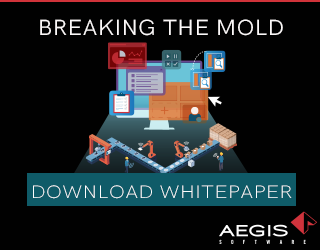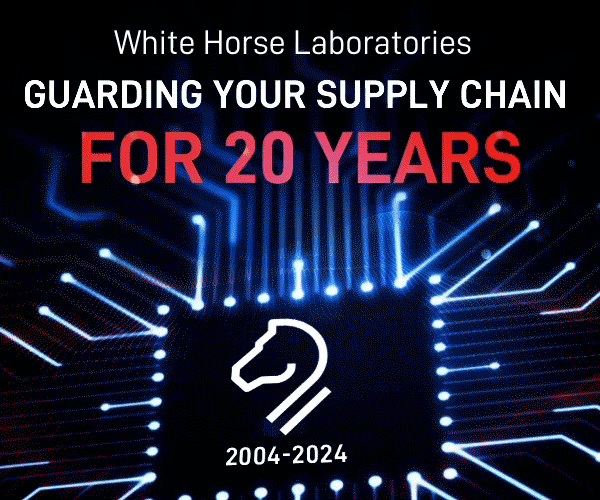Plexus Corp. Cuts Electricity Use at Scottish Site by 20%
While dramatic revolutions in the way we consume energy will no doubt play a role in how we as a planet reach net zero, the impact of each individual act has never been more important to our efforts to operate more sustainably. One way to tackle what can appear an impossible challenge is the theory of “marginal gains”, a strategy of accumulating incremental progress adopted by British Cycling in the Noughties to great success. Everything counts in your race to the finish line – and the race to net zero.
At Plexus, we have seen the results of this strategy pay off recently. The team at our Kelso manufacturing site took such an ethos to heart, and reduced electricity use by 20%, winning global recognition in the process.
The Borders Team, led by Facilities Engineer Blair Sanderson, Facilities Technicians Michael Johnstone and Neil Jerdan and Facilities Manager Ally Johnston, reduced emissions by fine-tuning the sites’ energy usage and adapting the systems to perform more sustainably.
As more than two thirds (68%) of the Kelso site’s energy use is sub-metered, this precision allowed the team to map out in detail when and where the most energy is used. They used this information to investigate the site’s efficiencies and track the impact of any adjustments put in place. After scrutiny, the data and potential changes became more and more significant.
The team was then able to increase the efficiency of the site’s heating, venting and air conditioning (HVAC) system alone by 40%, without any impact on the working conditions of the factory floor – including temperature and humidity. As a manufacturer of sensitive equipment, including medical devices, maintaining a consistent environment is essential.
Speaking about the project, Ronnie Darroch, EVP & Regional President of Plexus EMEA, said: “We are so proud of our team and the efficiencies they were able to find in our operations. By looking at our activity, behaviours and energy use, the team was able to reduce our electricity consumption by a remarkable 20%. Blair, Michael, Neil and Ally have demonstrated how significant even a small change can be to our emissions.
“At Plexus, we believe it’s our responsibility to take an active role in safeguarding our environment through work undertaken by our fantastic team, as well as through our Environmental, Social and Corporate Governance programme.”
As an indication of how key such an intelligent approach is becoming, the team behind the energy reductions at Kelso has been selected as winner of Plexus’ global BEST (Bringing Employee Successes Together) competition, which aims to drive continuous improvement and the sharing of best practices across Plexus sites. The prize money from this award, USD$12,000 (GBP£8,675), has been donated to Border Search & Rescue, who will put the funds into helping ensure people are able to enjoy the environment Plexus is working to protect.
Clearly, the Borders team had no idea their work would lead to the support of a local charity, but perhaps this is evidence of the unexpected benefits of “marginal gains”. The Borders team is now planning further emission reduction projects, increasing the proportion of the site’s natural gas that is supplied from renewable sources, transitioning to electric vehicles for site use as well as exploring opportunities to generate energy onsite. This goes hand in hand with Plexus’ commitment to helping protect the well-being of the environment and its membership of the Responsible Business Alliance (RBA®).
We understand that for some companies and manufacturers it can be difficult to move their focus from internal issues and delivering growth to making a positive impact on the planet. This is why we strive to empower our team of +19,000 experts to partner with companies to create products that build a better world.
Since 1979, Plexus has been a global leader specializing in serving customers in industries with highly complex products and demanding regulatory environments; and in each, we adopt the ethos of marginal gains by putting all we have into ensuring the potential of every task, every component and every goal is maximized. We hope, by doing this, we instill in our customers the same commitment to progress.
Once the incremental differences we help make are added up, the value of such attention to detail becomes instantly apparent, for the companies we serve, their customers and the environmental ambitions of our planet as a whole.












